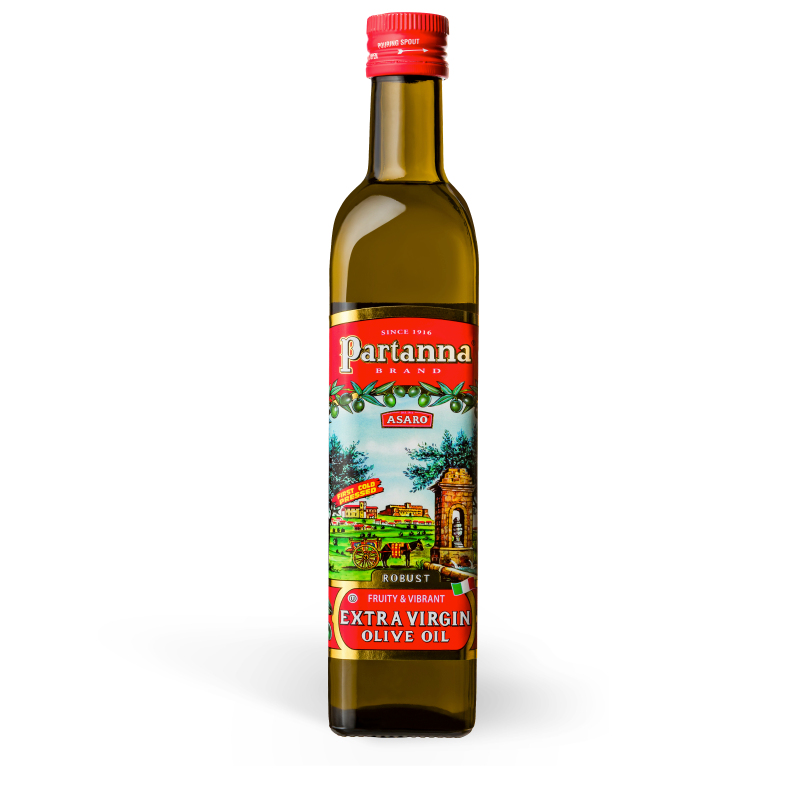Checking Out the Various Kinds of Olive Oil and Their Usages, Consisting Of Bonus Virgin Olive Oil
The expedition of olive oil incorporates a varied array of types, each offering unique tastes and cooking applications. Bonus virgin olive oil, renowned for its premium quality and wellness benefits, offers as a staple in many kitchen areas, yet it is just one element of this multifaceted ingredient.
What Is Olive Oil?
Obtained from the fruit of the olive tree, olive oil is a staple in Mediterranean food and a crucial active ingredient in numerous cooking applications. This flexible oil is created by pushing entire olives, causing a liquid that varies in flavor, color, and scent relying on the kind of olives used, the area of cultivation, and the removal process. Olive oil is mainly made up of monounsaturated fats, particularly oleic acid, which is known for its possible wellness benefits, consisting of anti-inflammatory residential properties and cardiovascular support.
Along with its culinary usages, olive oil has a lengthy history of application in standard medicine and skin care, owing to its abundant antioxidant material (extra virgin olive oil benefits). The oil is frequently made use of in dressings, sauces, and for cooking techniques such as sautéing and roasting. Its unique taste account can improve the taste of numerous dishes, making it a necessary ingredient for both home cooks and specialist cooks
In addition, olive oil is celebrated for its function in the Mediterranean diet plan, which is connected with many health benefits. As awareness of these advantages expands, olive oil proceeds to acquire appeal worldwide as a basic element of a healthy and balanced way of life.
Kinds of Olive Oil
Understanding the numerous kinds of olive oil is vital for both health-conscious consumers and cooking lovers. Olive oil is classified mainly based upon its extraction technique and top quality, which considerably affects its health and wellness, scent, and flavor advantages.

Light olive oil, despite its name, describes a lighter taste and not lower calories. It is optimal for those looking for a much more refined preference in dressings and sauces. In addition, there are flavorful olive oils instilled with natural herbs, flavors, or citrus, which can enhance recipes without the requirement for extra seasoning.
Each kind of olive oil serves certain cooking objectives, and recognizing these distinctions enables consumers to make informed selections that line up with their cooking styles and wellness goals.
Bonus Virgin Olive Oil
Bonus virgin olive oil (EVOO) is widely considered the best quality olive oil available, renowned for its abundant flavor and many wellness benefits. To be classified as extra virgin, the oil should be generated from fresh olives using mechanical processes, without using solvents or excessive warmth. This careful approach maintains the oil's natural flavors, antioxidants, and healthy fats, causing a product with a reduced acidity degree of less than 0.8%.
EVOO is abundant in monounsaturated fats, especially oleic acid, which is linked to decreased swelling and improved heart health and wellness. It likewise has polyphenols, powerful anti-oxidants that might supply protective effects versus chronic diseases. The taste account of EVOO can differ dramatically depending on the olive range and region of production, ranging from verdant and fruity to robust and peppery.
:max_bytes(150000):strip_icc()/Simply-Recipes-Olive-Oil-vs-Extra-Virgin-LEAD-2-06554176fc6b45aabaa647a2493d2d52.jpg)
Culinary Use Olive Oil

In cooking, olive oil can be used for sautéing, roasting, and barbecuing, giving a healthier choice to butter or other fats. Its high smoke point makes it ideal for numerous cooking techniques, while its antioxidants add to a heart-healthy diet. Showering olive oil over finished meals, such as pasta, fish, or grilled veggies, can raise flavors and add a touch of elegance.
Furthermore, olive oil plays a considerable function in cooking, where it can change standard fats in recipes for bread and pastries, presenting dampness and a refined taste. It also works as a base for infused oils, permitting cooks to view website explore tastes such as garlic, herbs, or chili, further broadening its cooking capacity. On the whole, olive oil's convenience makes it important in both home and expert kitchen areas.
Deciding On Top Quality Olive Oil
When selecting top quality olive oil, it's necessary to think about several key variables that affect the item's health, taste, and scent benefits. Choose for additional virgin olive oil (EVOO), which is obtained from the initial cold pressing of olives and contains the greatest levels of antioxidants and helpful substances. Seek oils that are accredited by identified organizations, as this commonly guarantees adherence to stringent quality criteria.
The packaging also plays a substantial role in protecting the oil's honesty. Select oils kept in dark glass containers or tins to protect versus light degradation. Focus on the harvest date; fresher oils supply exceptional flavor and click resources dietary worth, so select items that are within 18 months of their harvest.
Furthermore, consider the origin of the oil. High-grade olive oils typically originate from details areas understood for their unique taste profiles, such as Italian, Spanish, or Greek oils. Lastly, know the taste; a good quality olive oil need to have a balance of fruity, bitter, and sharp notes, suggesting its splendor and intricacy. By assessing these elements, you can ensure you are picking the ideal olive oil for your cooking demands.
Final Thought
In summary, the exploration of numerous types of olive oil discloses distinctive features and applications, with added virgin olive oil standing for the peak of high quality as a result of its reduced level of acidity and high antioxidant web content. Its flexibility in culinary uses boosts flavors in dressings, marinates, and showers. Comprehending the various selections view publisher site of olive oil permits for educated options in food preparation methods, promoting much healthier methods while improving the overall gastronomic experience. Quality option stays important for ideal advantages.
Derived from the fruit of the olive tree, olive oil is a staple in Mediterranean food and an essential active ingredient in different cooking applications.The most usual types of olive oil include improved olive oil, pure olive oil, and light olive oil.Extra virgin olive oil (EVOO) is commonly related to as the greatest top quality olive oil available, celebrated for its abundant flavor and countless health and wellness benefits. Opt for additional virgin olive oil (EVOO), which is derived from the first chilly pressing of olives and includes the greatest levels of anti-oxidants and helpful compounds.In recap, the expedition of numerous types of olive oil reveals distinctive qualities and applications, with additional virgin olive oil representing the pinnacle of quality due to its low acidity and high antioxidant material.